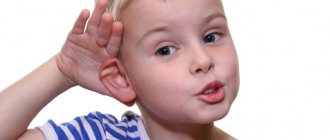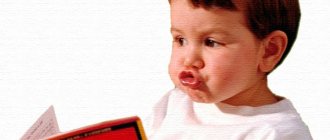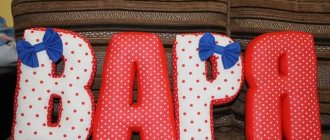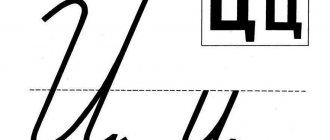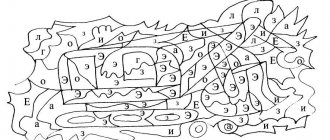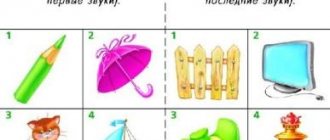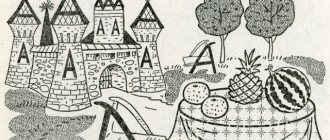Additional exercises
For the development of the speech apparatus, exercises not related to articulation are also useful - tasks for fine motor skills and finger games. Well-developed fine motor skills have a beneficial effect on the development of children's speech.
Exercises:
- Grasping movements. The child grabs objects of different shapes (ball, rattle, cube) with the palm of one hand or two hands, then with three fingers (pinch) and two fingers - the thumb and forefinger (tweezer grip).
- Correlating actions are the combination of two objects or components of one, for example, a nesting doll or a pyramid. To practice such movements, you can simply tear pieces of paper.
- Development of fine motor skills in babies up to one year old with the help of massage.
- Various finger movements. Ask your child to show various figures with his fingers, for example, a wolf, a bunny, a chair, a house. At first, the child's movements will be clumsy, but over time they will become more precise and dexterous. It is also important that the preschooler be able to imitate the movements demonstrated by an adult.
The development of fingers is promoted by:
- fastening and unfastening zippers, snaps, buttons when putting on and taking off clothes, so this is something that the baby must do himself;
- all possible assistance to adults, for example, watering flowers and wiping their leaves with a sponge, wiping off dust, cleaning clothes with a brush (a child can perform such tasks from the age of three);
- design, appliqué, modeling, drawing, making toys with your own hands.
There are special finger games that train preschoolers’ fine motor skills, thereby helping them develop correct speech:
- Buy a small rubber bulb at the pharmacy; when you press it, a stream of air comes out, which you can use, for example, to play football on the table, trying to use it to push a piece of cotton wool into the goal.
- Let your child decorate the prepared baking dough with raisins. Be sure to show how to grab the highlight correctly (with your thumb and index finger - tweezer grip).
Many parents are interested in when to start studying with their baby. The optimal age for making the sound [p] is from three to six years. Articulation gymnastics at the age of three helps to quickly master sound. Most children growl confidently by age 5.5. If this does not happen, you should do corrective articulation gymnastics yourself or by contacting a speech therapist.
